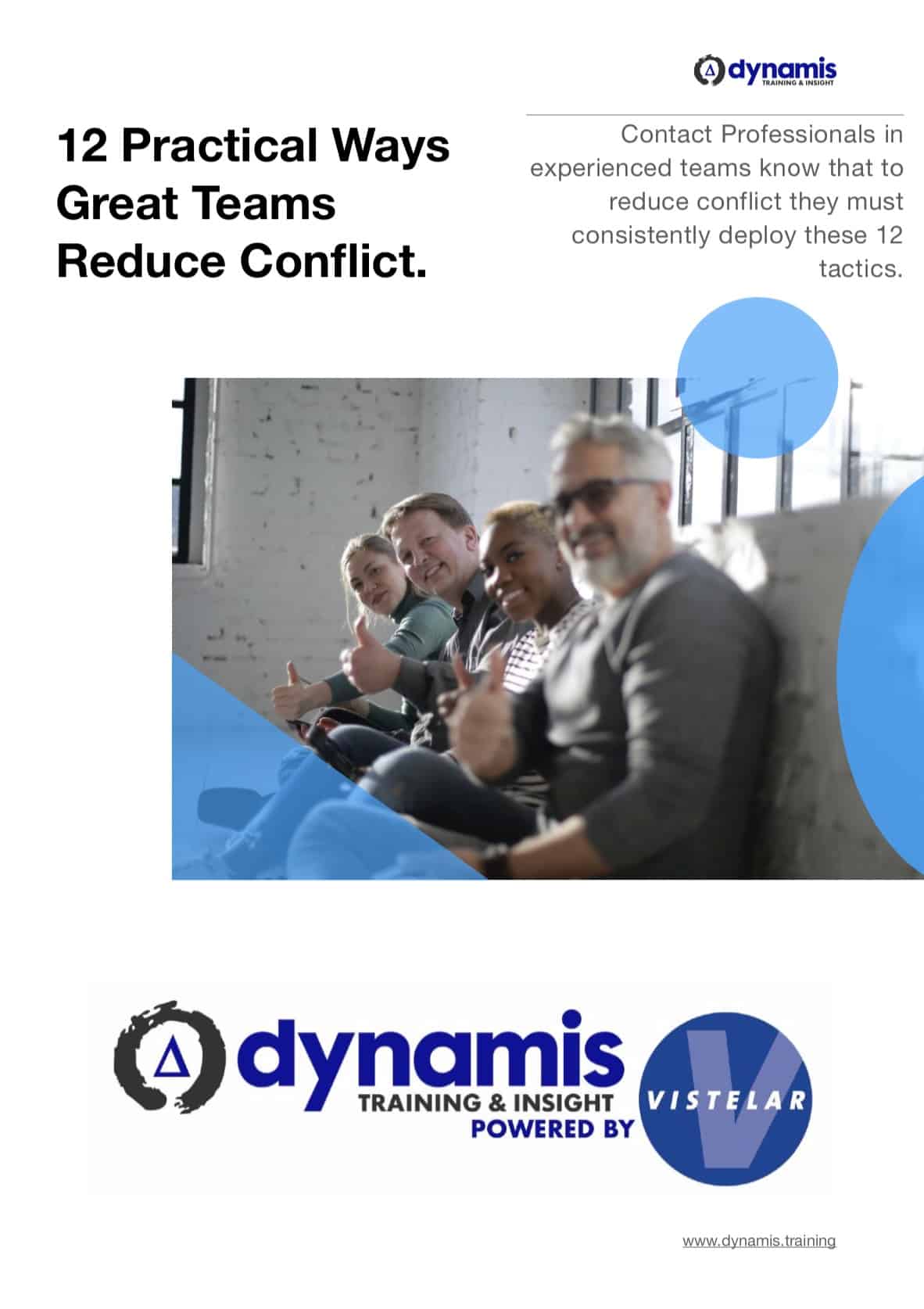What is PMVA training?
PMVA stands for ‘Prevention and Management of Violence and Aggression’.
In the fast-paced and often challenging environment of the National Health Service (NHS), one of the major priorities is ensuring the safety and well-being of both staff and patients. An essential component of this safety net is managing the potential for violence and aggression. This is where PMVA programmes come in.
What does great PMVA training look like?
While many NHS trusts have traditionally relied on conventional and often outdated programmes to manage these challenges, a new player is entering the scene. Dynamis, a training provider specializing in self-protection, is making waves and redefining the way trusts think about their PMVA programmes.
Dynamis is focussed on delivering a modern, pragmatic and highly effective approach to PMVA training. Their methods are not just efficient and engaging, but they are also exceedingly effective in keeping staff, patients, and organisations safe.
So, how exactly is Dynamis achieving these objectives? Let’s delve deeper into our methods:
1. Great PMVA training is scenario-based
Central to the Dynamis approach is scenario-based training. Unlike traditional training methods that heavily rely on theory, this method allows staff to learn and apply their skills in a controlled environment that closely mirrors real-world situations.
This immersive approach is designed to go beyond imparting theoretical knowledge, it gives staff the opportunity to practically apply their learning. Scenario-based training fosters a deeper understanding and more robust skill set, preparing staff for real-life scenarios they may encounter in their roles.
2. Great PMVA training makes use of our bodies natural responses to threats
Another key feature of Dynamis training is the use of instinctive protection tactics, also known as the startle reflex.
This natural response to sudden or threatening stimuli is hardwired into our systems. Dynamis leverages this biological advantage, teaching NHS staff techniques that are instinctive and therefore more likely to be used effectively under pressure.
This innovative approach to self-protection training is grounded in the understanding that the most effective techniques are those that work with our body’s natural responses, not against them.
3. Great PMVA training doesn’t overload the learner
In addition to scenario-based training and instinctive protection tactics, Dynamis stands out for its focus on a small number of easily learned and retained tactics.
This approach stems from the belief that less is more. Rather than overwhelming staff with a multitude of techniques, Dynamis focuses on a few key tactics that can be easily mastered and remembered. This makes the training more accessible, less intimidating and ultimately more effective in equipping staff with practical skills to keep themselves safe
What’s the impact of great PMVA training?
For NHS trusts, the impact and benefits of great PMVA training are profound and far-reaching.
Training methods that are more efficient can significantly reduce training time, without compromising on quality.
Methods that are more engaging foster a higher level of active participation from staff, which in turn leads to better retention of knowledge and skills.
Most importantly, great PMVA training provides practical, instinctive methods of self-protection that build confidence and will prove effective for staff in real-world situations that play out in their workplaces.
How can Dynamis help with PMVA training?
The modern and pragmatic training methods adopted by Dynamis are reshaping the way NHS trusts are thinking about their PMVA programmes.
By focusing on scenario-based learning, instinctive protection, and a small number of easily learned tactics, Dynamis is delivering training that is more efficient, more engaging, and more effective. The result is safer staff, safer patients, and safer organisations.
Not only is this a win-win situation for everyone involved, but it also signals a paradigm shift in the way NHS trusts approach PMVA programmes. By embracing Dynamis’ innovative training methods, they are taking a significant step towards creating a safer and more secure environment for their staff and patients alike.


